Promotion should be earned, not gifted

With the general election just months away, it is disconcerting to see how the administration is giving in to demands for undue perks and promotions for public officials in vital positions. The latest move, according to a report by this daily, saw the home ministry request the public administration ministry to approve more in-situ posts of additional inspector general (IGP) and deputy inspector general (DIG) of police, among other positions, after its previous attempt failed to meet expectations. In-situ posts mean that police personnel will hold the same positions and perform the same duties as before even after promotions, because of a lack of vacancies. What's the point of a promotion, then?
Apparently, BCS police cadre officers have been spurred on by other instances of in-situ promotions of late, particularly within the administration cadre. While we recognise the importance of deserving officials getting the opportunity to advance their careers, the circumstances under which this is being done raises concerns. For one, the lack of vacancies at top levels, which makes any addition not just unnecessary, but also a huge drain on public coffers. Reportedly, the government would require an additional Tk 1.5 crore per month to pay for all the in-situ promotions originally requested.
More worryingly, the timing of the move, just ahead of the election, makes it appear as if the home ministry wants to appease police officers who will play important roles during the election to potentially influence its outcome. Such concerns are not unfounded given the role played by poll-related officials, including those in charge of security, during the last two controversial elections. Similar efforts at appeasing high-ranking officials have also been witnessed recently, when the finance ministry approved spending Tk 380 crore to buy 261 new vehicles for DCs and UNOs, reneging on its own policy on such purchases during the current economic crisis. The government should know that the implications of such undeserved provisions are not lost on citizens.
During the last 14 years or so that it has been in power, opportunities for serving public officials have increased manyfold, but the quality of their service has not. Grievances abound, but efforts to address them, especially from the police force, are sorely lacking. Against this backdrop, the government must consider public interests before approving any additional spending to accommodate demands for promotions. Promotion should be given only when it is earned, through adequate public service, and as required by service rules.

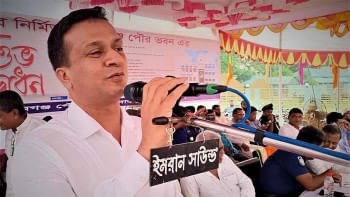
 For all latest news, follow The Daily Star's Google News channel.
For all latest news, follow The Daily Star's Google News channel. 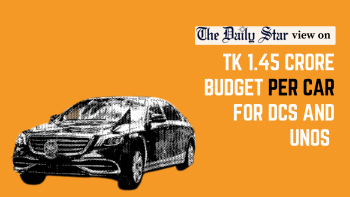
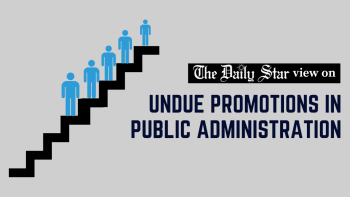



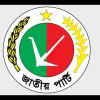


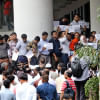


Comments